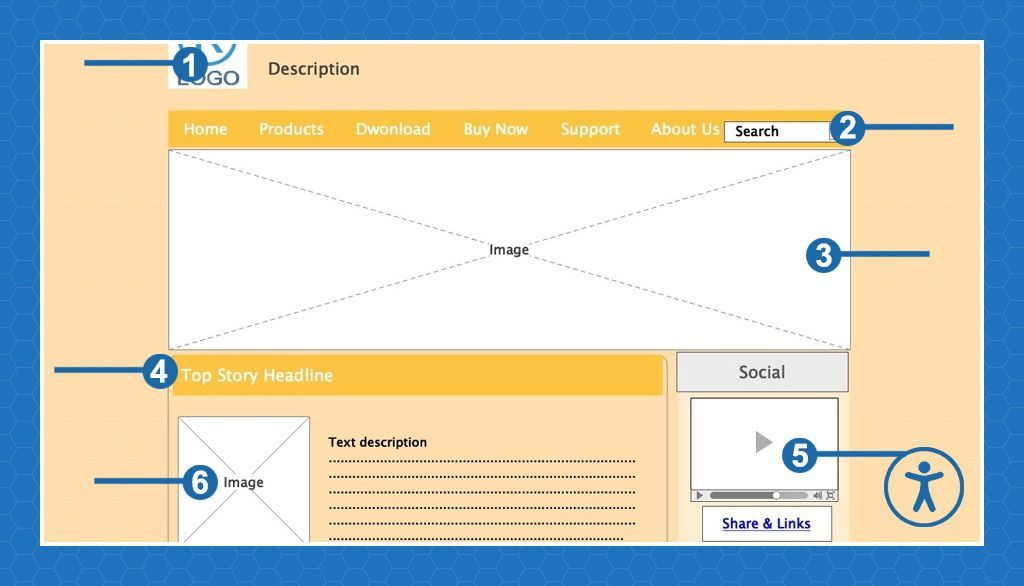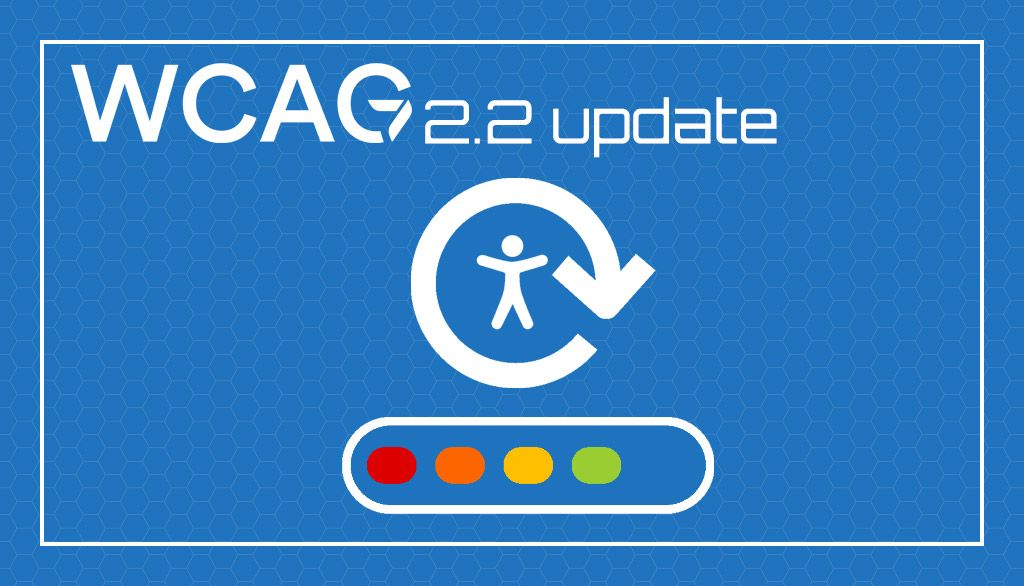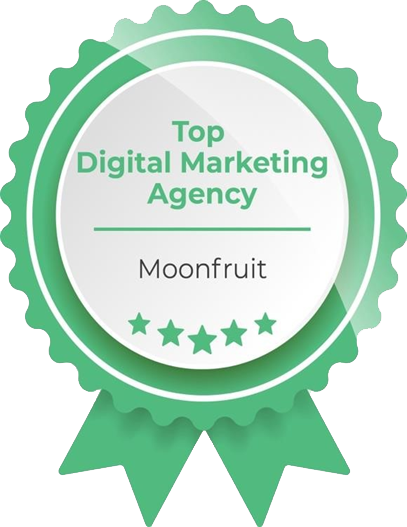Self-Managed vs. Managed Website Maintenance and Hosting
Making the Right Choice for Your Small to Mid-Sized Business Website
Not having an online presence for your business these days is like not being in the phone book in the 80s. If you were in the phone book you were somebody. Customers could find you, they could call you, look up your address to come into your store, even find out what services or products you offered. But I haven’t seen a new phone book since 2019. Now we are in the 2020’s and phone books don’t exist, so how are your customers supposed to find you?
You need a website. But, do you really need to learn how to build, host, manage, and market your website? Or do you want to hire a company that specializes in doing those things for you? Here’s a hint, do you think your customers need to learn how to do what you do, or should you spend your time providing them the services and products that you provide?
This is the difference between self-hosting and managing your website vs. using a managed hosting and maintenance company for your website needs.
What is Self-Hosting and Website Management?

Self-hosting and self website management is exactly what it sounds like, you are in charge of managing your website servers and updating your website as needed. For many people, this is the best solution for their business. It reduces up front and ongoing costs and gives you full control over every aspect of your online presence.
When you want to update your website you don’t need to call your web developer; when you need to update your server you don’t need a server admin; you simply do the work yourself. You are in full control. Of course, that assumes that you can do the work, keep up on the technology issues and the potential security issues for your website.
What is Managed Hosting and Website Management?
As with self-hosting, managed hosting and website management is also just what it sounds like. Someone else takes care of all the technical, security, and design issues for you so that you can focus on your business.
With managed hosting you have many options.
Shared Hosting
Starting with shared hosting which is many different websites owned by many different people all on a shared server. This is where most websites start out. It’s cheap, the hosting company manages the server for you, and you don’t have to worry about the security of the server. Until any one of the other websites - or your own - on that server gets hacked. You are now exposed to security issues that you may not otherwise have.
A serious drawback to shared hosting is that one website can, and often does, cause the entire server to slow down or crash completely, leaving your website down for reasons beyond your control.
You have little to no server access and everything that keeps the server running is done for you by the hosting company.
VPS Hosting
A VPS, or Virtual Private Server, is a dedicated section of a server, or a full server, that is under your control. With many VPS providers you can host multiple websites under a single account, manage your own email server, set up your own security, and so on. This is a great option for someone that is at least a little technical, and may want to have several websites.
In many cases you will be required to update things like the version of php or cPanel that your server uses on your own. Or you can pay extra to have your hosting company do that for you.
VPS Hosting costs more than shared hosting, but less than dedicated hosting.
Dedicated Hosting
Dedicated hosting is where you own, or lease, the hardware that your website runs on. You are the only account on that server, and you are required to manage everything about it on your own, or pay a real server admin to manage it for you.
This is a great option for someone requiring strict security and server access, or someone that doesn’t want to deal with the potential issues of shared or VPS hosting.
Hosting is almost always something that you want someone else to manage for you. It requires a level of technical knowledge that most website owners don’t have, or don’t want to spend the time learning. Regardless of the type of hosting you choose, you will almost always want someone else to manage that for you, whether it’s the hosting company itself or a third party support service.
Website Management, DIY or Managed?
The number one hacking vector into nearly every website that has been hacked has been through a failure to update the website as security notices and updates are sent out. This is a direct function of web developers not explaining to clients the risks of owning a website. Many developers simply build a website, put it on the client’s hosting, and wish them luck. Then a month, year, or even several years later they discover that their website was compromised at some point and no one knows what to do next.
If you built your own website you probably feel comfortable updating various plugins or even the core of your website on a regular basis. But are you ready for an update to break something else? It happens. More often than we would like.
Let’s look at a few common examples of managed website maintenance.
DIY Website Management Using WordPress

WordPress is the most popular website building platform, most technically savvy people can build and maintain a small WordPress website on their own. At first it’s easy. You log in every few days, click the update button on the plugins that need to be updated, and everything continues on its merry way.
But what do you do when you update a plugin, or worse your core theme, and suddenly your website fails to load? Are you capable of reverting your website back to the last known good state? Have you been making regular backups? Do you know how to restore them? More importantly, do you have the time to spend fixing a broken website vs. running your business? Can your business afford for you to spend the time away needed to find the issue, fix the issue, then test to make sure that everything still works?
A large part of our business consists of us recovering, rebuilding, and fixing websites that have fallen terribly out of date with no clear upgrade path any longer, or fixing a website that has been hacked because security hasn’t been maintained for various reasons. Worst of all, almost none of them have a clean backup to start from.
Is this solution for you? It is for a large number of people and it makes sense for them. But what about you?
Managed Website Maintenance
Having a managed service for keeping your website up to date makes sense for a lot of small and medium sized businesses. A managed service takes most of the worry, and work, off of your hands so that you can focus on your business.
Here is short list of what may be included in a managed website program:
- Server updates: New versions of php, CPanel updates, Kernel updates and more.
- Firewall security
- Routine website backups: Monthly, weekly, even daily backups may be required. We work with our clients to develop that schedule. Timing is generally based on how much data you are willing to lose or rebuild from offline copies.
- Plugin updates: In a typical week 30 to 40 individual plugins experience at least one vulnerability.
- Core website updates: In the case of WordPress there is 1 update per month plus occasional emergency security updates.
- Site recovery in the case of a failed update or hacking attempt
- Even small content/page updates
At
Web Narwhal we provide managed website maintenance for our website development and hosting clients allowing them to focus on what they do best - their business.
Having a website is just the first step. Keeping that website up to date is a process that should be done for as long as you have a website. Many people are quite capable, and have the time to do this themselves. But, even more business owners prefer to leave these details to people who are trained to perform these tasks, just as they are trained to provide the services and products that they provide.
Think about it this way, how many times have you had to follow up one of your customer’s DIY attempts in your own business. Is this the type of website owner you want to be?









